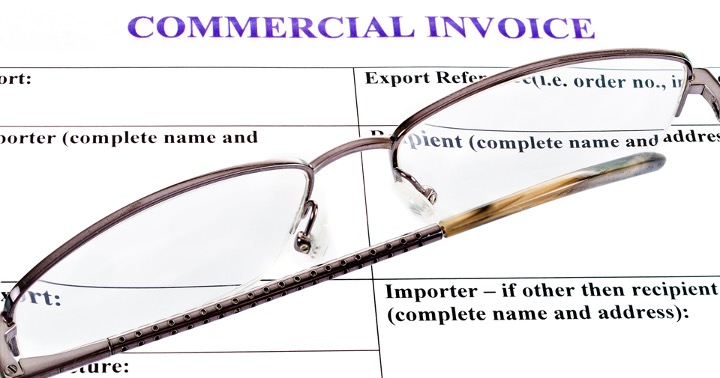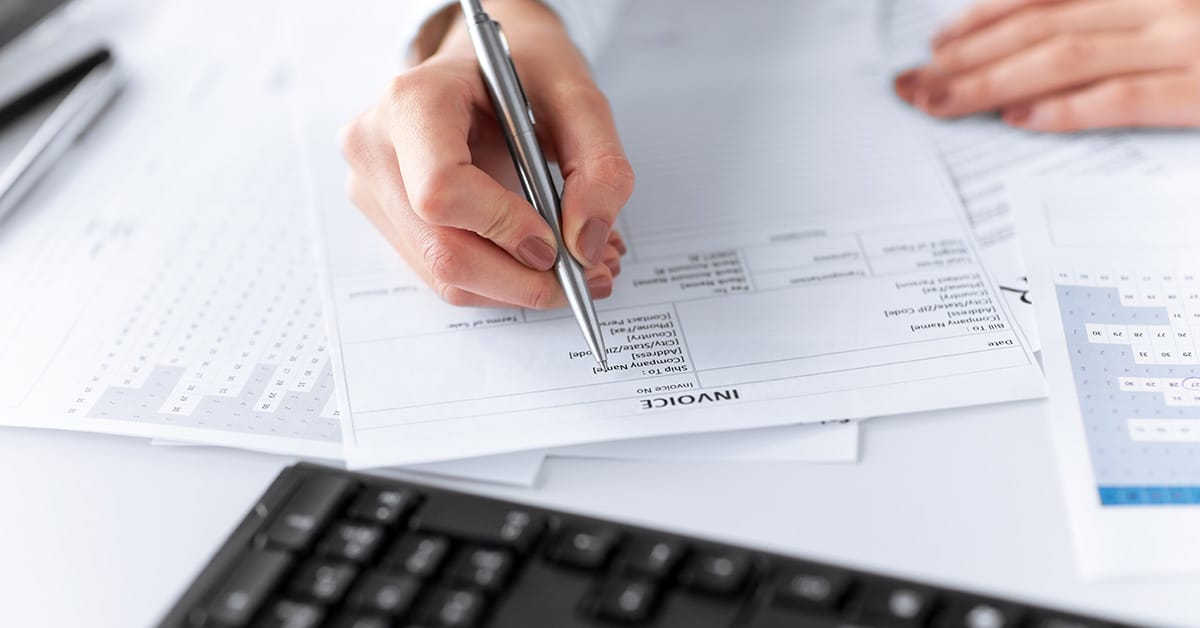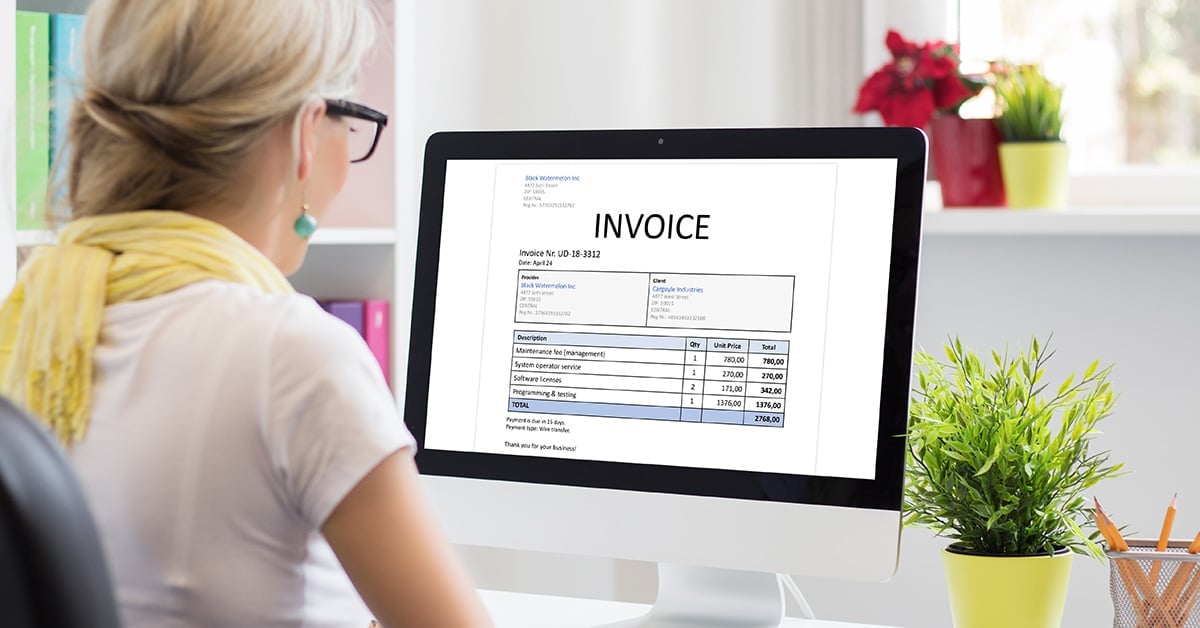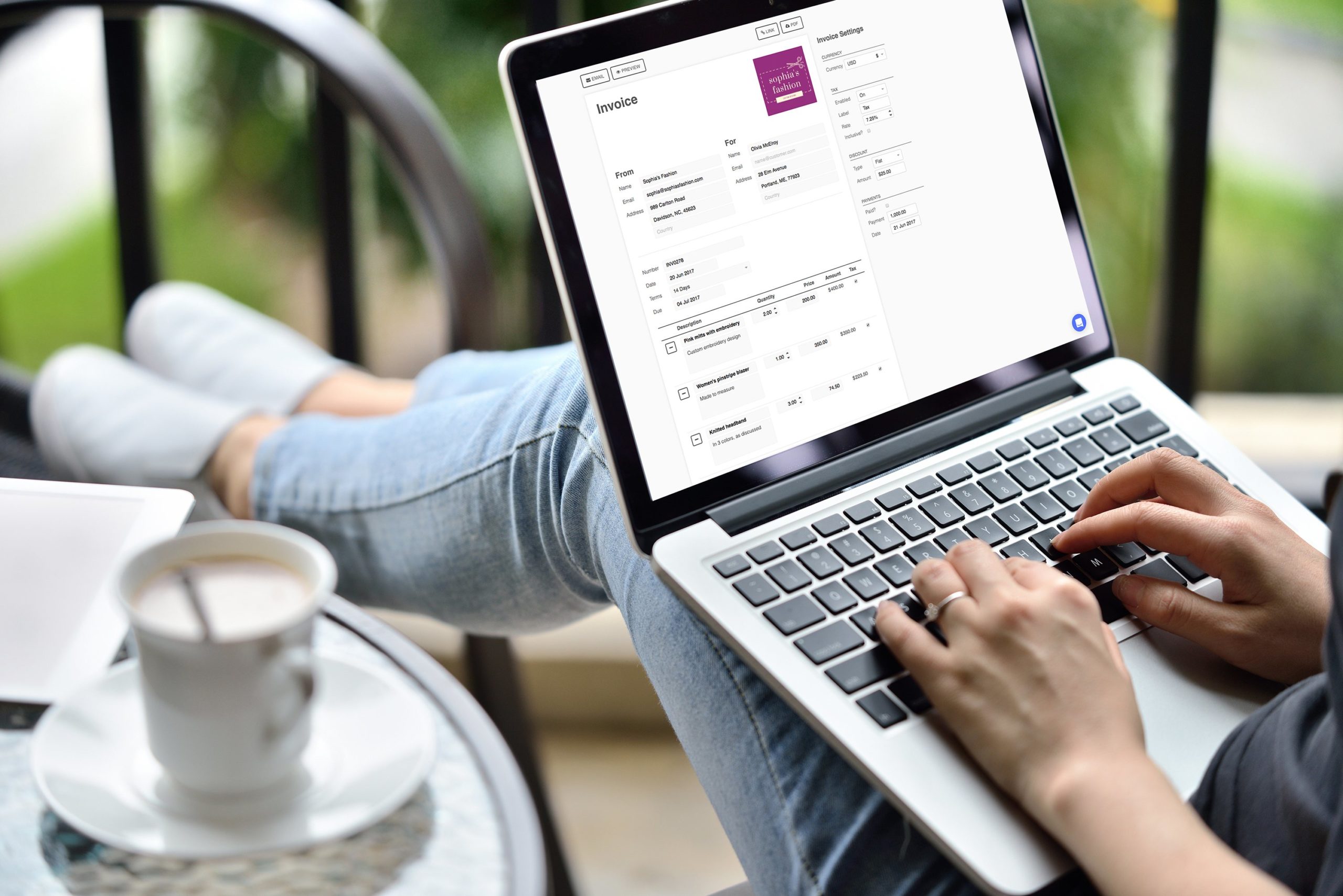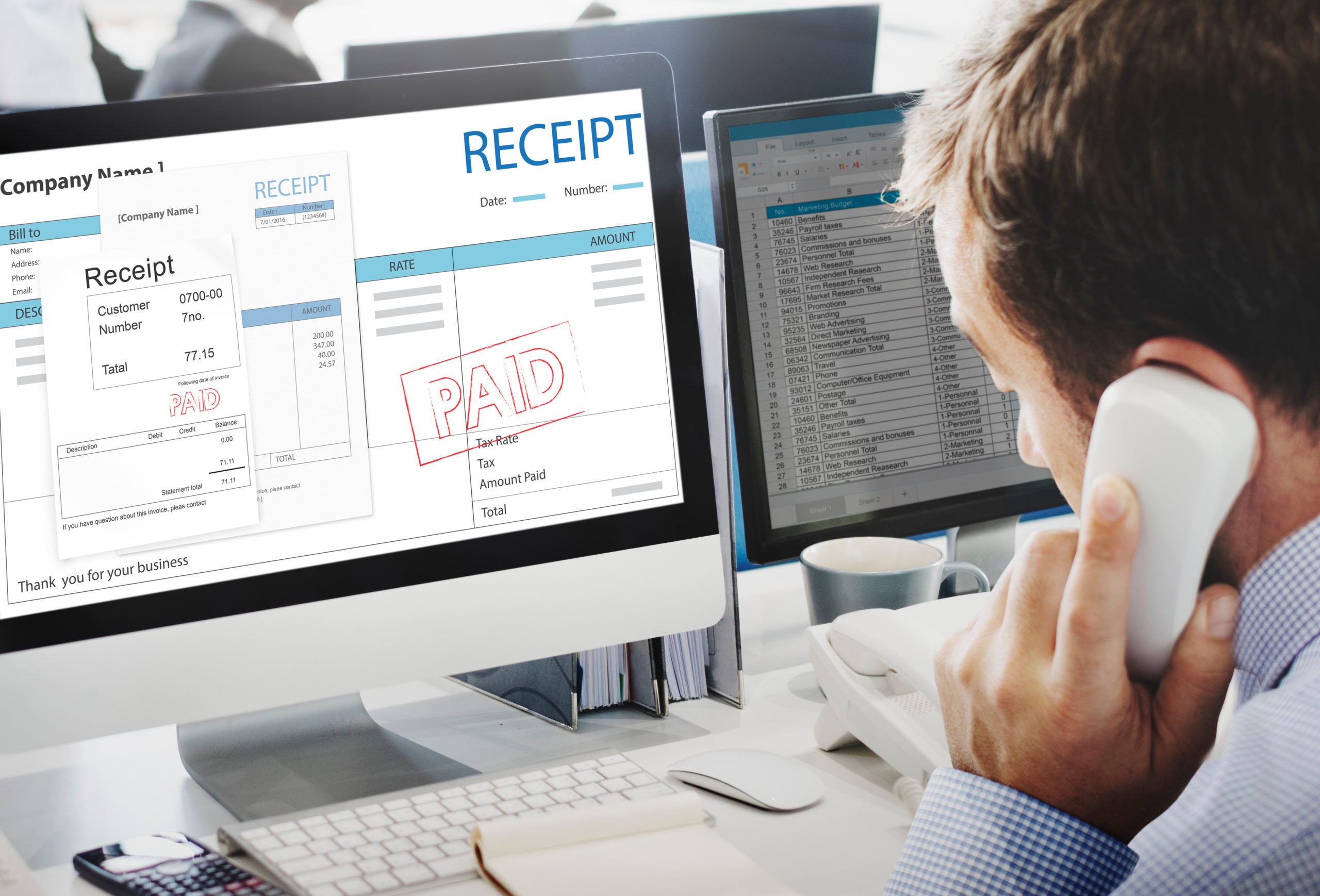What is a Tax Invoice? Features & When to Use One
July 5, 2022 by Invoice Simple

Independent contractors and freelance business owners in the US and across the globe must issue tax invoices from time to time. If you’ve never prepared one before, this can be a daunting task. The good news? Navigating tax invoices doesn’t have to be complicated or time-consuming.
In this article, we’ll explore what tax invoices are, what their purpose is, the main features of a tax invoice, and what they’re used for.
Please keep in mind that this article is informational only and not tax advice. You should seek guidance from a tax professional before taking any action.
The Definition of a Tax Invoice
A tax invoice is an invoice (a document issued by the seller and given to the buyer to collect payment) that shows the amount of tax payable. It includes all taxes that apply to the product or service sold, such as sales tax, harmonized sales tax (HST), goods and services tax (GST), and value-added tax (VAT).
If you are tax-registered, you must provide a tax invoice any time you make a taxable sale. Also, your tax-registered customers need an invoice to claim their own tax credits.
RELATED ARTICLE: How to Scale Your Home Services Business
What Is the Purpose of a Tax Invoice?
Now that you know what a tax invoice is, let’s take a look at why you might need one.
Tax invoices have a few purposes, including:
- To separate tax from profit
- To show evidence of a tax-registered person’s claim for an input tax deduction
- To determine the timeframe in which a claim for input tax can be lodged by using the date included on the invoice
- To figure out which purchases can be included in a taxable time period
RELATED ARTICLE: How to Navigate 1099-K Tax Changes for Payments via Venmo, PayPal, and More
What Are the Features of a Tax Invoice?
While every company, business, and freelancer has their own approach to invoicing, there are a few requirements you’ll have to follow. If a tax invoice does not meet these stipulations, it may not be considered valid.
Here’s a breakdown of the features you’ll see on a tax invoice:
- The words ‘Tax Invoice’—a valid tax invoice must be labeled as such.
- Seller details—if you are the seller, include your name, address, and contact details (phone number and email address).
- Buyer details—include the buyer’s name, address, and contact details (phone number and email address).
- Invoice number—an invoice number is a unique series of letters and/or numbers that are given to invoices to help them be accurately documented for accounting and tax purposes and to make it easier to track and manage payments.
- Date of issue—include the date the invoice is issued to the buyer.
- Taxpayer Identification Number (TIN)—in the US, a TIN is an identification number used for tax purposes, such as a Social Security Number (SSN), Individual Taxpayer Identification Number (ITIN), or an Employer Identification Number (EIN).
- Product or service details—include the type and number of products or services and the price per unit.
- Total amount owed—this includes applicable taxes.
- Tax charged—detail the amount of tax charged for each item.
- Payment details—this tells the buyer how they can make a payment.
Along with the above features, valid tax invoices must be issued at the right time. If a service is sold, the seller should provide an invoice within 30 days of the service taking place. If a product is sold, the seller should provide an invoice at the time of delivery or the time of payment.
RELATED RESOURCES: Pricing for Profit
What Is a Tax Invoice Used For?
Tax invoices are used to ensure businesses do the right thing and pay their fair share of taxes.
In most countries, the government requires businesses to keep an accurate record of all sales and transactions—including the amount of tax charged each time—via tax invoices. These invoices are then presented to tax authorities for assessment at the end of each financial year.
This process helps authorities identify businesses practicing tax evasion or tax fraud, a significant issue in the US—tax cheats cost the nation $1 trillion each year.
RELATED ARTICLE: Invoicing Tips: Can You Write off Unpaid Invoices?
The Importance of Tax Invoices
Most businesses are subject to tax laws, regardless of the country they operate in or how they’re structured. While most salaried employees don’t need to think about tax invoices, independent contractors and freelance business owners do.
To ensure you are doing the right thing by your tax authority, seek guidance from a qualified expert. This article is not tax advice—it is for informational purposes only. Before you take action, consult your tax professional.
